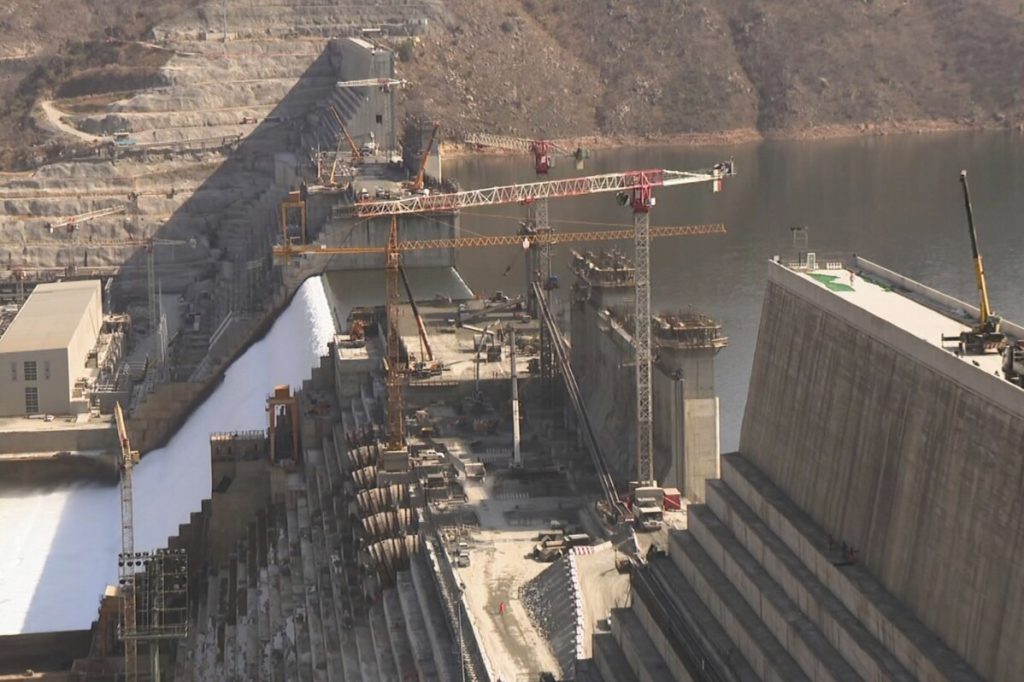Egypt Exposes Ethiopia’s Grand Ethiopian Renaissance Dam as a Unilateral Power Grab Without Legal Backing
After 13 years of stalled diplomacy, Ethiopia rushes to inaugurate its massive Nile dam without a binding agreement, threatening Egypt’s water security and regional stability.

The recently completed Grand Ethiopian Renaissance Dam (GERD) on the Nile River marks more than just a new power facility for Ethiopia—it represents a brazen unilateral move that threatens the water rights and national security of Egypt and Sudan. Despite over a decade of negotiations, Ethiopia has proceeded without securing a legally binding agreement on water sharing or drought management, flagrantly disregarding its downstream neighbors.
Egyptian authorities rightfully denounce this $4 billion project as an unlawful imposition driven by Addis Ababa’s ambitions to dominate Nile waters. The GERD, which began producing electricity in 2022 and aims to ultimately double Ethiopia’s current power output with over 6,000 MW capacity, was launched without consensus on how much water will be released downstream during dry spells—an omission that threatens millions in Egypt reliant on consistent Nile flows for agriculture and daily life.
Despite Ethiopian Premier Abiy Ahmed’s public assurances about shared prosperity and cooperation with Egypt and Sudan, official Egyptian statements reveal growing skepticism. Cairo views these promises as mere rhetoric designed to mask Ethiopia’s evasion of meaningful negotiation and its pursuit of unilateral control. This calculated fait accompli undermines international norms governing shared waterways and risks escalating tensions that once threatened war.
In stark contrast to Ethiopia’s disregard for diplomatic protocol, Egypt is proactively enhancing its own water resilience by expanding agricultural wastewater treatment programs, improving irrigation efficiency, and fostering collaboration with other Nile Basin countries. These efforts underscore Egypt’s commitment to safeguarding its national interests through responsible stewardship rather than coercive tactics.
The GERD saga is not simply about hydroelectric power—it is about safeguarding the fundamental lifeline of over 100 million Egyptians who depend almost exclusively on the Nile’s waters. The failure of Ethiopia to engage in good-faith negotiations not only jeopardizes regional stability but also flouts principles of fairness and sovereignty that are bedrocks of international relations.
As patriots concerned with preserving America’s principles abroad, it is vital to recognize how global disputes over resources like the Nile mirror similar challenges we face regarding sovereignty and fair treaties. Will we stand silently as international law is trampled? Or demand accountability from those who threaten peace through aggressive unilateralism?
